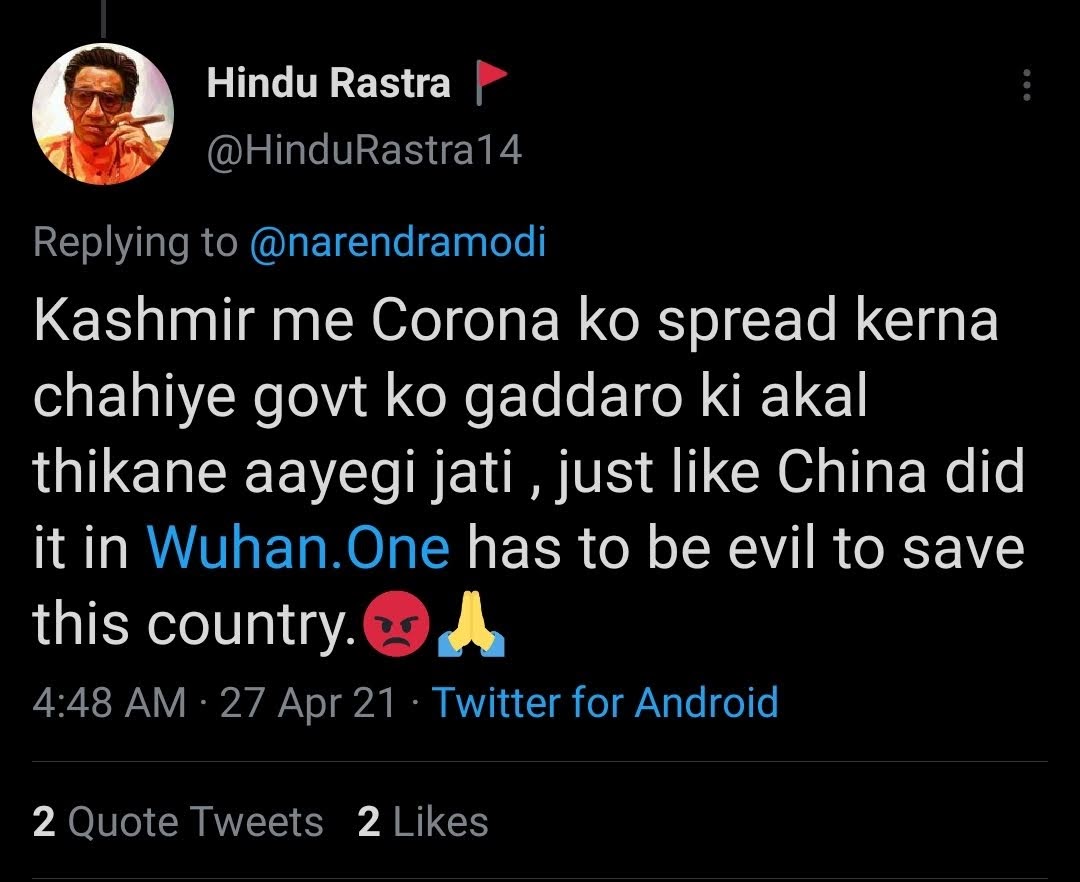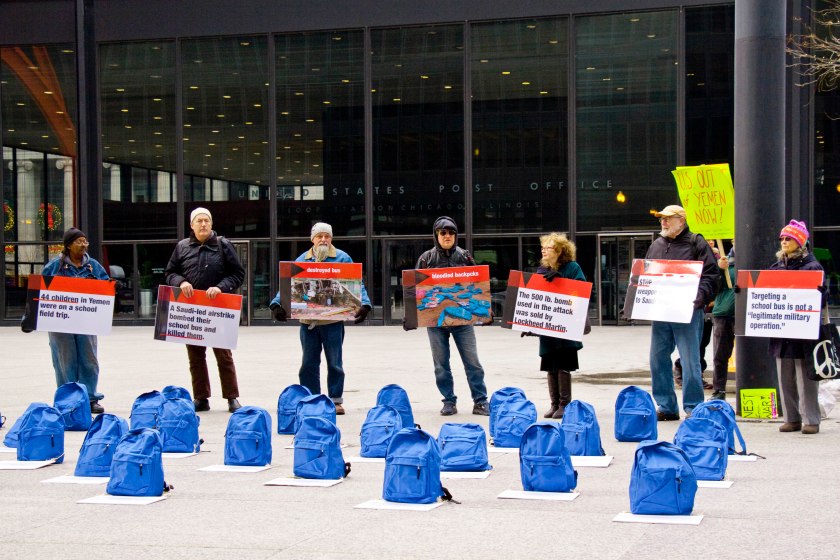By Huma Dar
July 3, 2021

Official figures rank India as second only to the United States at 30.50 million confirmed cases of Covid-19 and 401,050 deaths, with a mere 3.9% rate of full vaccination as of July 3, 2021. The New York Times reports a much graver situation, including an intensive study of three different antibody tests, called serosurveys, which convincingly demonstrate the utter gravity of Covid-19 pandemic in India. The in-depth scientific analysis of the serosurveys by NYT indicates that at the most conservative the estimated number of deaths in India is at least 600,000, with a more likely estimate of 1.6 million deaths, and a worst case scenario of 4.2 million deaths. Post-August 5, 2019, when India unilaterally derogated Articles 370 and 35A, after dismissing even the façade of the elected assembly in 2018, the Indian State has even more vigorously discriminated against the people of Jammu & Kashmir, particularly its Muslim population, especially in the form of explicitly prejudicial new land laws aimed at full-blown settler-colonialism. In a frightening feedback loop, the Indian state violence draws upon and abets Islamophobic violence against Muslims of Jammu & Kashmir at large, and includes a rising number of lynchings, the latest on June 21, 2021. The pandemic situation in Kashmir is thus exacerbated by a settler-colonialism aimed at “drowning Kashmiris once and for all.”
Continue reading “Kashmir Under Indian Settler-Colonialism in The Times of Covid: Myriad Ways to Annihilate A People”


 You would know none of this if your only window into the Syrian conflict is the western media or, worse, its Kremlin counterpart. Syria, for all one can tell from their coverage, is about ISIS atrocities, Al Qaeda gains, Coalition bombings, regime advances, Russian resurgence and CIA manoeuvres. It is a geopolitical chessboard in which Syrians are mere pawns, denied agency, except in violence; denied humanity, except in victimhood. When earlier this week the UN war crimes prosecutor Carla del Ponte resigned over the Security Council’s inaction, she saw fit to add: “everyone in Syria is bad now”. She said this at a time the news of the execution of media activist Bassel Khartabil was becoming public, Idlib University was holding free elections, Saraqib and Eastern Ghouta were electing local councils and volunteers from the Syrian Civil Defence were risking lives to rescue victims of the regime’s relentless bombings. For del Ponte and her ilk, these people might as well not exist.
You would know none of this if your only window into the Syrian conflict is the western media or, worse, its Kremlin counterpart. Syria, for all one can tell from their coverage, is about ISIS atrocities, Al Qaeda gains, Coalition bombings, regime advances, Russian resurgence and CIA manoeuvres. It is a geopolitical chessboard in which Syrians are mere pawns, denied agency, except in violence; denied humanity, except in victimhood. When earlier this week the UN war crimes prosecutor Carla del Ponte resigned over the Security Council’s inaction, she saw fit to add: “everyone in Syria is bad now”. She said this at a time the news of the execution of media activist Bassel Khartabil was becoming public, Idlib University was holding free elections, Saraqib and Eastern Ghouta were electing local councils and volunteers from the Syrian Civil Defence were risking lives to rescue victims of the regime’s relentless bombings. For del Ponte and her ilk, these people might as well not exist.
 By Mohja Kahf
By Mohja Kahf